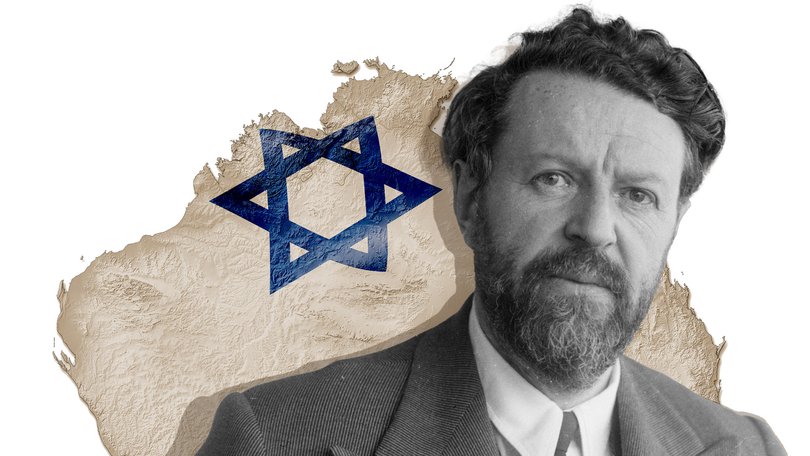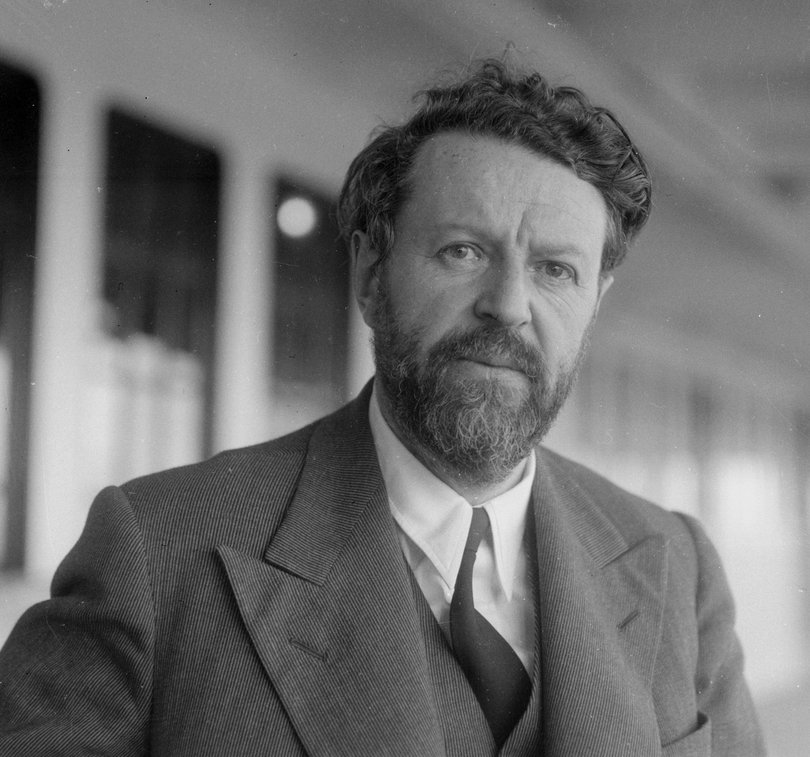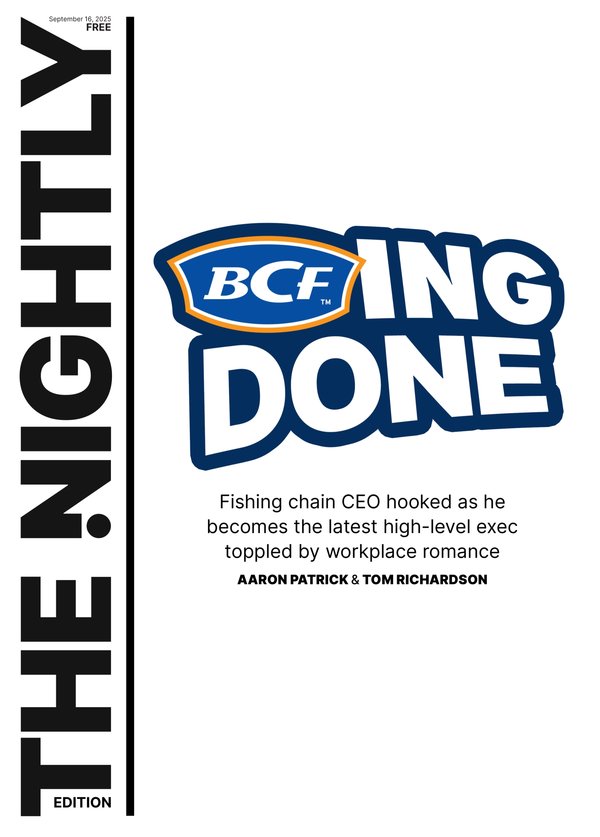BEN HARVEY: Behind history’s bold plan to create a Jewish state in WA

I don’t often agree 100 per cent with what Donald Trump says but most of humanity would surely think he was on point when he dropped that F-bomb this week.
Some people in Israel and Iran are now so blinded by hate they wouldn’t recognise the social contract if it was delivered to them in triplicate. Trump was right when he seethed that “they don’t know what the f..k they are doing”.
It might feel like Israel and its many enemies will forever blunder through the delirium of attack and counter-attack but the economics of modern war means this particular skirmish can’t go on forever.
Sign up to The Nightly's newsletters.
Get the first look at the digital newspaper, curated daily stories and breaking headlines delivered to your inbox.
By continuing you agree to our Terms and Privacy Policy.Both sides will eventually run out of money and armies don’t fight if they’re not getting paid.
As with everything with Iran, it’s unclear how much the country is spending but The Wall Street Journal has estimated the war is costing Israel $US200 million a day.
At some point the situation will go from boil to simmer and when that happens we should all hope that whomever is left standing in Tehran realises the regime’s policy of pretending Israel doesn’t formally exist is not sustainable.
Israel is not fake news. It’s there. You can see it on the map. It’s not going anywhere.
Just about every country around it has been at war with Tel Aviv at some point since May 14, 1948, when then-US president Harry Truman set in motion the geopolitical conundrum of our time by recognising the Jewish state.
No country in the Middle East wanted Israel there but the shrewder administrations have slowly accepted the inevitability of it.
Egypt, Jordan and the United Arab Emirates have normalised relations. The Saudis are quietly moving that way.
Even the Palestinian Liberation Organisation, yes, Yasser Arafat’s PLO, recognised Israel as a country.
The smart money knows the “from the river to the sea” mantra is, at best, perverse virtue signalling.
Iran‘s post-war leader, whether it’s an ayatollah or a new tinpot dictator, needs to accept the fact that after the Holocaust the Jewish people needed a place to call home so they weren’t at the anti-Semitic whims of their host country.
The location of that home is now a geographical fait accompli but there was a time when it was up for grabs.
It’s a well-documented but still little-known fact that the Jewish state could have been established down under.
In 1938 it was very clear that the chosen people were in grave danger from Hitler’s Third Reich, and not just in Germany. Anti-Semitism had for years been festering in much of Eastern Europe.
Seeing the writing on the wall, Jewish leaders created what they called the Freeland League for Jewish Territorial Colonisation.
It was essentially a lobby group charged with persuading different nations to cede areas of their country for a Jewish state.
A man named Isaac Steinberg, who, apropos nothing, served as attorney-general to Vladimir Lenin, thought 7 million acres in Australia’s Kimberley region would be a perfect place for 75,000 persecuted European Jews to settle in.

The deal he floated with the Australian government was simple — you give us a parcel of Crown land and we will turn that land into a prosperous farming province.
“Open your gates to the persecuted Jewish people of Europe and let them help transform the landscape into a productive agricultural hub,” Steinberg implored.
Steinberg proposed that Australia cede property east of Wyndham, in what became known as the Kimberley Project.
Believe it or not, it actually had quite broad support.
As was the style at the time, nobody asked the Aboriginal people who lived there what they thought (I am sure they would have had an opinion about being dispossessed by the dispossessed) but several leading public figures backed it.
Even the WA premier at the time, John Willcock, was open to it. Who could blame him, given the big game Steinberg was talking?
His vision of cities and industrial areas across the Top End must have been seductive to a government which had failed to make good on the promise of Australia’s far north.
The plan gained traction but was ultimately vetoed by then prime minister Robert Menzies, whose cabinet decided that “the Commonwealth does not favour the settlement of any one area by a group of migrants as the establishment of an isolated community of migrants is contrary to the Government’s assimilation aims”.
Concern about assimilation was the official rationale for knocking back Steinberg but other forces were at play — as architect of the White Australia policy, Menzies was really only one step away from having a “F..k Off We’re Full” sticker on his bumper.

